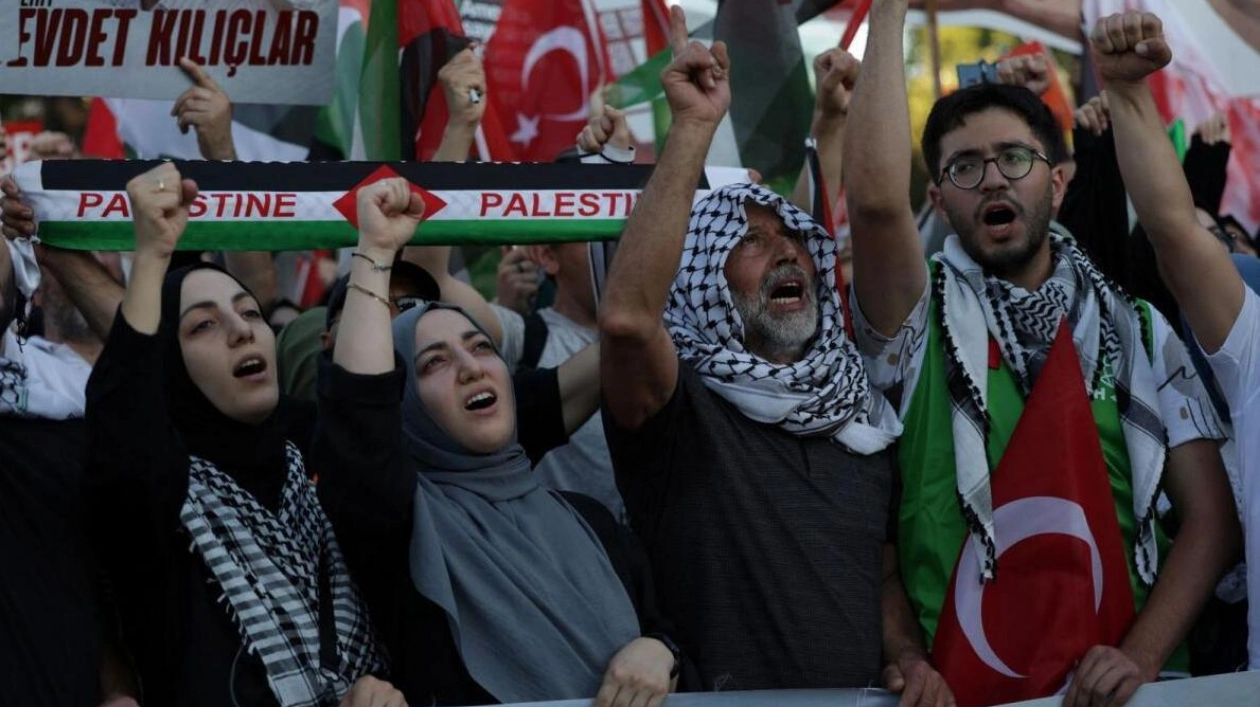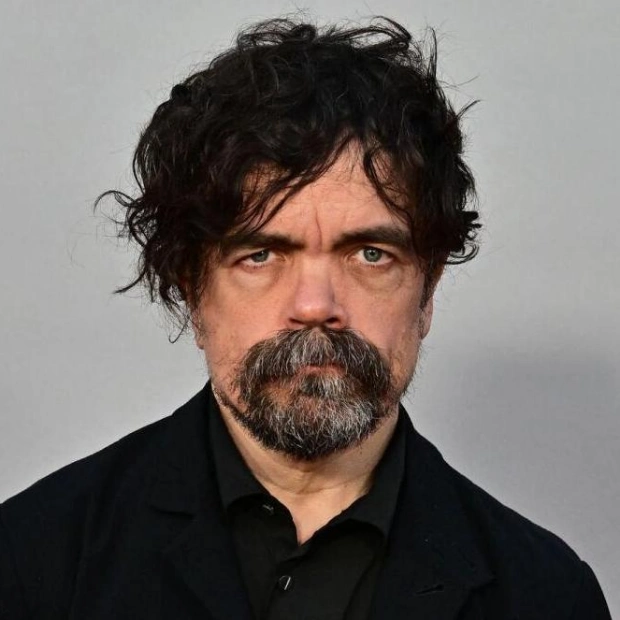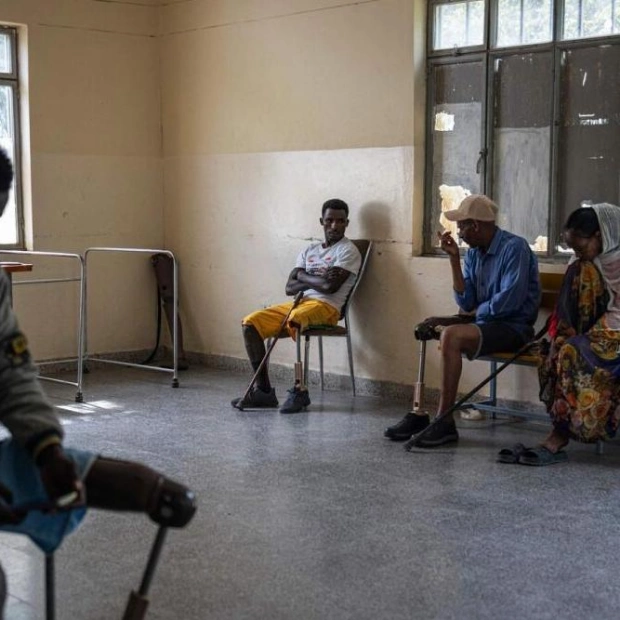Since October, Turkey has prevented any collaboration between NATO and Israel due to the ongoing conflict in Gaza, stating that the alliance should not partner with Israel until the hostilities cease, according to sources knowledgeable about the situation.
Israel holds the status of a NATO partner and has developed strong ties with the military alliance and several of its members, particularly its key ally, the United States. Before Israel's Gaza offensive, which was triggered by the October 7 attack by the Palestinian militant group Hamas, NATO member Turkey had been attempting to repair its historically strained relations with Israel.
Since then, Ankara has strongly condemned Israel's actions in Gaza, labeling them as genocide, and has ceased all bilateral trade. Turkey has also criticized many Western allies for their support of Israel. The sources indicate that Turkey has blocked all NATO interactions with Israel since October, including joint meetings and exercises, viewing Israel's actions against Palestinians in Gaza as a breach of NATO's foundational principles.
A UN inquiry in June concluded that both Israel and Hamas had committed war crimes in the initial phases of the Gaza conflict. The report stated that Israel's actions amounted to crimes against humanity due to the significant civilian casualties. Israel denies these allegations and asserts that its operations in Gaza, which have resulted in nearly 40,000 deaths, are aimed at eliminating Hamas.
The sources affirm that Turkey will continue to block any advancement of Israel's engagement with NATO until the conflict ends, as it perceives Israel's actions in Gaza as contravening international law and human rights. Following a NATO summit in Washington in July, Turkish President Tayyip Erdogan declared that it was unfeasible for the bloc to maintain its partnership with the Israeli government.
Earlier this week, Israel's foreign minister called for NATO to expel Turkey after Erdogan seemed to threaten intervention in Israel, similar to previous incursions in Libya and Nagorno-Karabakh.






